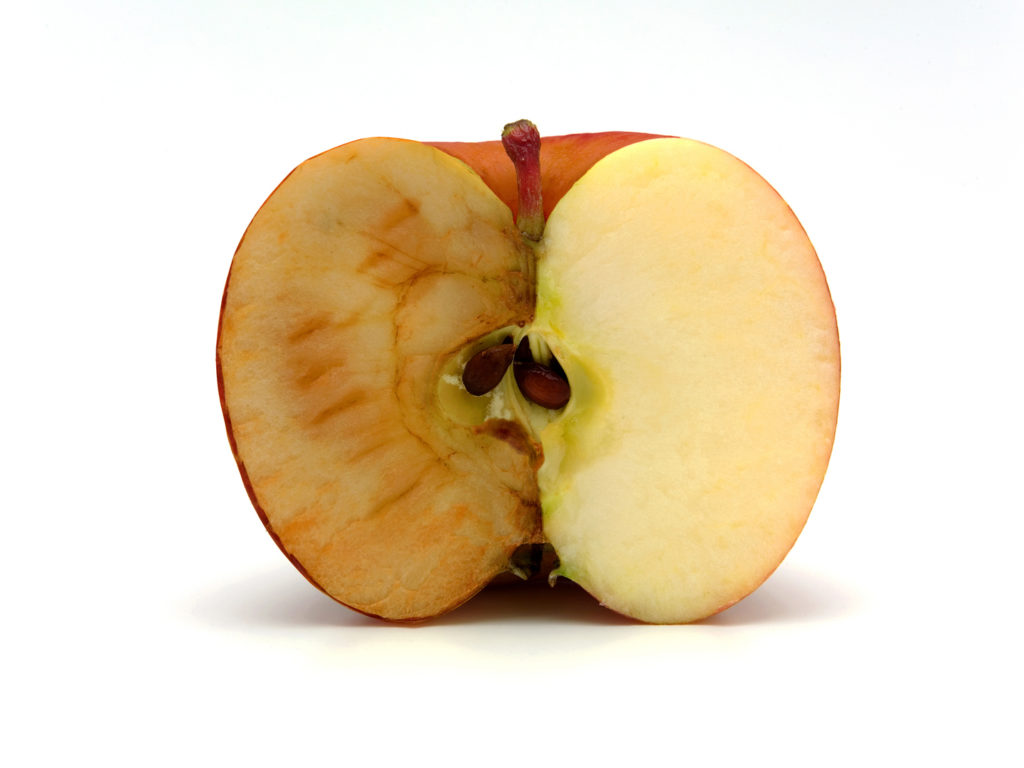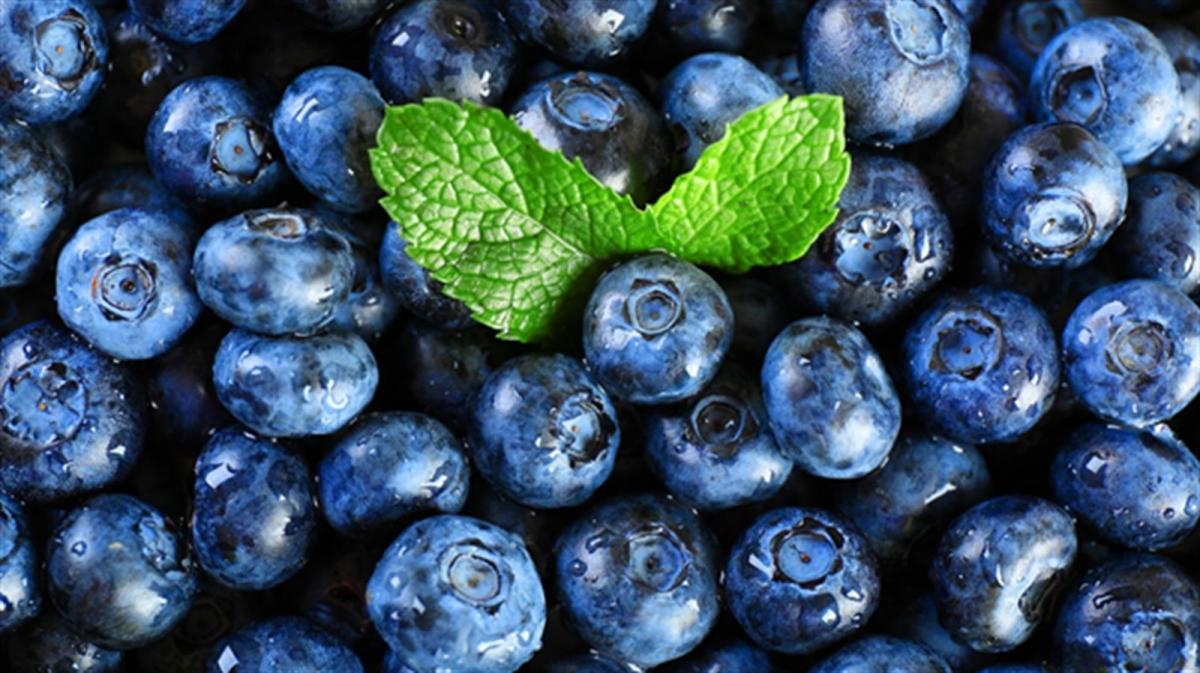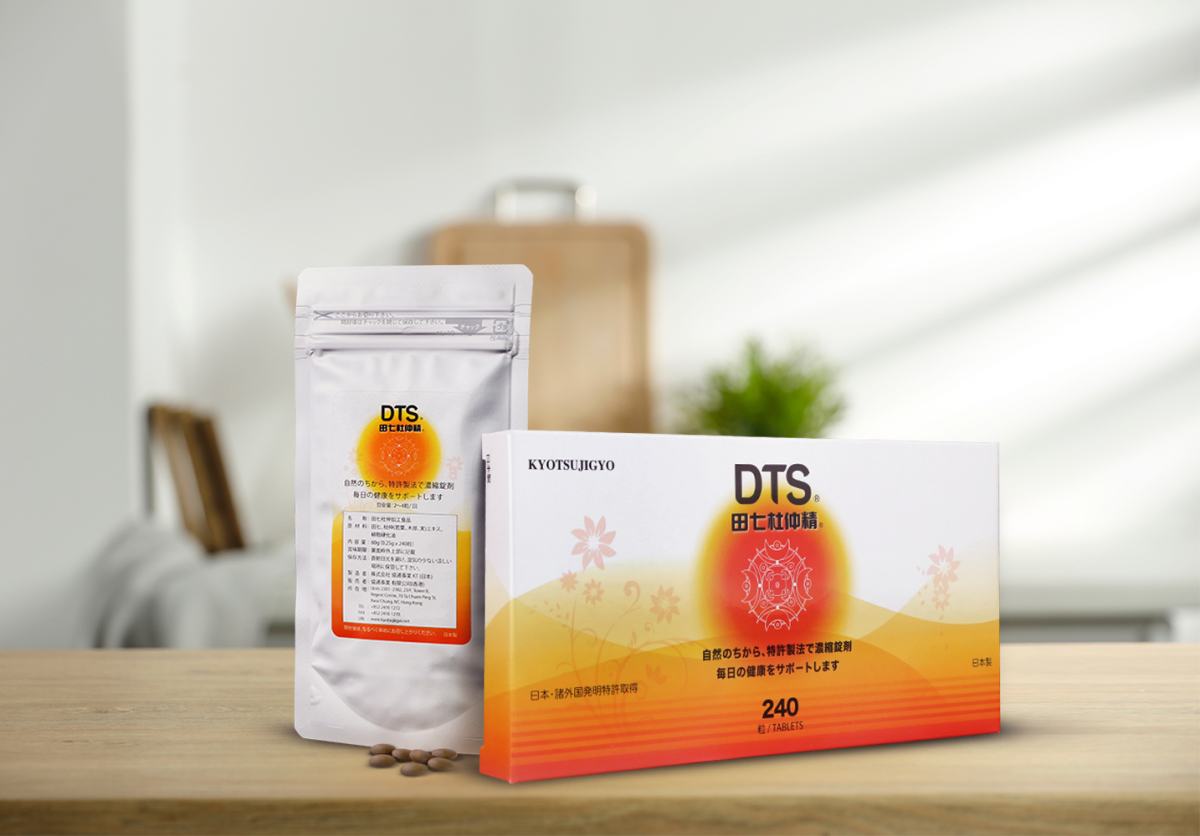Fight Aging With Antioxidants

DTS contains antioxidative properties that protect kidney and liver health and delay aging. To understand how antioxidative properties are related to anti-aging and keep us healthier, first, we need to get to know what is “oxidation,” “free radical,” and “antioxidant.”
Oxidation, Free radical

Oxidation is a chemical reaction that naturally happens during the metabolic process. It occurs when a substance contacts oxygen and loses electrons in the reaction. During the process, free radicals are formed. They are very unstable and able to react with many substances.
Sometimes, our body can take advantage of free radical properties to use as a defense line, which is to damage pathogens. However, it is all about balance. If we have too many free radicals in our body, it can cause damage to our cell membrane, cellular protein, lipids, and DNA. Over time, the damage is irreversible and could lead to health issues.
Antioxidant

Antioxidant is used to contend with free radicals. It helps slow down the aging caused by oxidation. Antioxidants can be obtained from food, mostly plant food. Some vitamins, minerals, and phytochemicals, such as lycopene and anthocyanins, possess good antioxidative properties.
Glutathione (GSH) is another example of a powerful antioxidant found in natural food. It keeps us healthy by supporting the immune system. It also plays a role in cellular metabolism and detoxification, which are essential for the metabolic process.
Antioxidative Properties In DTS

Research showed that the antioxidative properties of DTS can reduce kidney and liver damage caused by aging. A mice model showed that DTS could regulate the GSH/GSSG ratio while also increasing glutathione reductase activity. In simpler words, the preliminary result showed that DTS supports the regeneration of glutathione, which can attenuate oxidative damage in experimental mice.
Other than the effect of glutathione, further research indicates the phytochemicals in DTS have a protective effect on the kidneys and liver. The liver enzymes in the experimental mice, which had paracetamol-induced liver damage, showed a significant drop after the introduction of DTS. It also improved the liver redox state. We also have research that showed that the fructose-fed mice model demonstrated redox imbalance in kidney tissue. The condition also improved after the introduction of DTS. All these research data showed that DTS has beneficial effects on kidney and liver health.
Lift Health With Antioxidant
Each of us has to live through aging, which is inevitable. But it is our choice how to embrace this process. Adequate supplementation of antioxidants helps delay aging and maintain health. Take advantage of DTS’s antioxidative properties to protect kidney and liver health, and build strong health and vitality!
All the DTS data is taken from the below research paper:
1. Redox Status Impairment in Liver and Kidney of Prematurely-Senescent Mice: Effectiveness of DTS Phytotherapeutic Compound, published at Annals of the New York Academy of Sciences 2006
2. A Phytochemical Approach to Experimental Metabolic Syndrome-Associated Renal Damage and Oxidative Stress, published at Rejuvenation Research 2012 Apr; 15(2):153-6
3. Protective Effect of a Phytocompound on Oxidative Stress & DNA Fragmentation In Paracetamol- induced Liver Damage, published at Annals of Hepatology 2009; 8(1): January-March: 50-56
- * All research and clinical data should be used as reference purposes only, results may vary.




